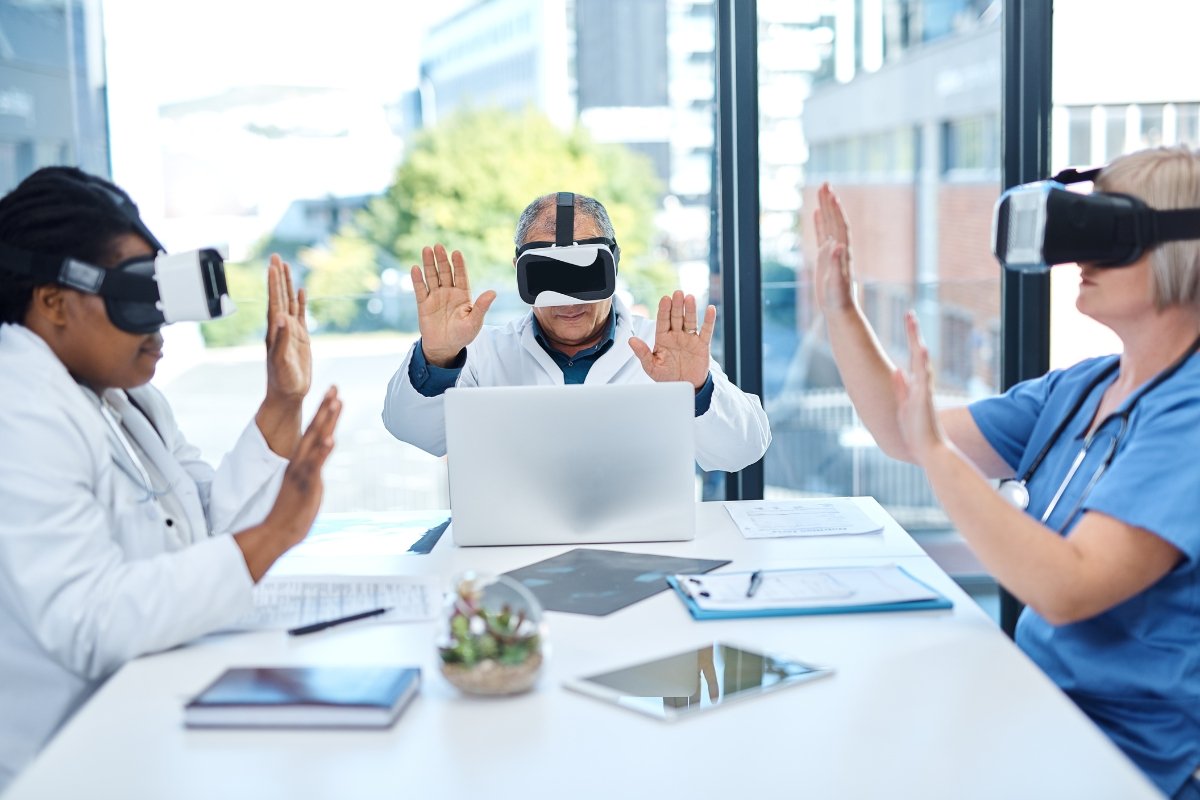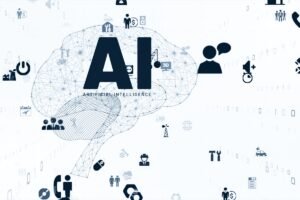Explore how reinforcement learning Revolutionizing Healthcare Education and how RL is reshaping healthcare education by personalizing learning experiences, enhancing clinical decision-making, and improving patient outcomes.
Table of Contents
Introduction
Have you ever wondered if there’s a more intuitive and adaptive way to educate our future healthcare professionals? Could the key to revolutionizing medical education be hiding in plain sight? Enter reinforcement learning (RL). A powerful machine learning technique that is transforming how we train and educate healthcare providers.
Reinforcement learning is a type of machine learning where an agent learns to make decisions by taking actions in an environment to achieve a goal. The agent learns from its experiences, constantly adjusting its actions based on rewards and penalties. When applied to healthcare education, RL can create dynamic, personalized learning environments that enhance the educational experience.
Understanding Reinforcement Learning
In RL, an agent interacts with an environment, taking actions and receiving feedback in the form of rewards or penalties. This feedback loop allows the agent to learn optimal strategies over time. In healthcare education, this concept can be applied to simulate clinical scenarios where students make decisions, receive feedback, and improve their clinical skills without real-world consequences.
For instance, RL has been utilized in critical care settings to optimize treatment recommendations, such as medication dosing and timing of interventions, by learning from patient data and outcomes . These applications demonstrate RL’s potential to enhance clinical decision-making and patient care.
Read More Machine Learning vs Natural Language Processing in 2025 | What You Must Know
Applications in Healthcare Education
Reinforcement learning can be integrated into various aspects of healthcare education, including:
- Clinical Simulations: RL-powered simulations allow students to practice clinical decision-making in a risk-free environment, learning from trial and error.
- Personalized Learning Paths: RL algorithms can adapt to individual learning styles and paces, providing customized educational experiences.
- Diagnostic Training: RL can aid in developing diagnostic skills by presenting students with diverse patient scenarios and guiding them toward accurate diagnoses.
- Treatment Planning: RL can assist in formulating personalized treatment plans by analyzing patient data and predicting outcomes.
These applications not only enhance learning but also prepare students for real-world clinical challenges.
Benefits of Reinforcement Learning in Medical Training
Implementing RL in medical education offers several advantages:
- Personalized Learning: RL adapts to each student’s learning style and pace, ensuring a tailored educational experience.
- Enhanced Decision-Making Skills: By simulating clinical scenarios, students develop critical thinking and decision-making abilities.
- Safe Learning Environment: Students can make mistakes and learn from them without risking patient safety.
- Improved Patient Outcomes: Training with RL can lead to better-prepared healthcare professionals, ultimately improving patient care.
These benefits highlight RL’s potential to transform medical education and healthcare delivery.
Challenges and Ethical Considerations
Despite its potential, integrating RL into healthcare education presents challenges:
- Data Privacy: Ensuring patient data used in training simulations is anonymized and secure.
- Model Interpretability: Developing RL models that are transparent and understandable to educators and students.
- Ethical Implications: Addressing concerns about the use of AI in decision-making and maintaining human oversight.
Addressing these challenges is crucial for the successful implementation of RL in healthcare education.
The Future of Reinforcement Learning in Healthcare
The future of RL in healthcare education looks promising:
- Advanced Simulations: Developing more sophisticated simulations that mimic real-world clinical scenarios.
- Integration with EHRs: Combining RL with Electronic Health Records to provide real-time decision support.
- Global Access: Making RL-based training accessible to healthcare professionals worldwide, including those in underserved areas.
These advancements could revolutionize medical education and improve healthcare delivery globally.
Read More Comprehensive Guide to Text Classification in NLP 2025
FAQs Reinforcement Learning Revolutionizing Healthcare Education
Q. What is reinforcement learning?
Ans. Reinforcement learning is a type of machine learning where an agent learns to make decisions by taking actions in an environment to achieve a goal, learning from its experiences through rewards and penalties.
Q. How is reinforcement learning used in healthcare education?
Ans. RL is used to create adaptive learning environments, simulate clinical scenarios, and personalize learning experiences for healthcare students.
Q. What are the benefits of using RL in medical training?
Ans. Benefits include personalized learning, enhanced decision-making skills, a safe learning environment, and improved patient outcomes.
Q. What challenges exist in integrating RL into healthcare education?
Ans. Challenges include data privacy concerns, model interpretability, and ethical implications of AI in decision-making.
Q. What does the future hold for RL in healthcare education?
Ans. The future includes advanced simulations, integration with Electronic Health Records, and global access to RL-based training.
Conclusion
Reinforcement learning holds tremendous potential to transform healthcare education by fostering adaptive learning and improving healthcare outcomes. By embracing RL, we can prepare future healthcare professionals to meet the challenges of modern medicine. The question is are we ready to embrace this change?





Pingback: How Does Speech Recognition Work in 2025? Here’s What You Need to Know
Pingback: A Deep Reinforcement Learning Framework That Just Works in 2025